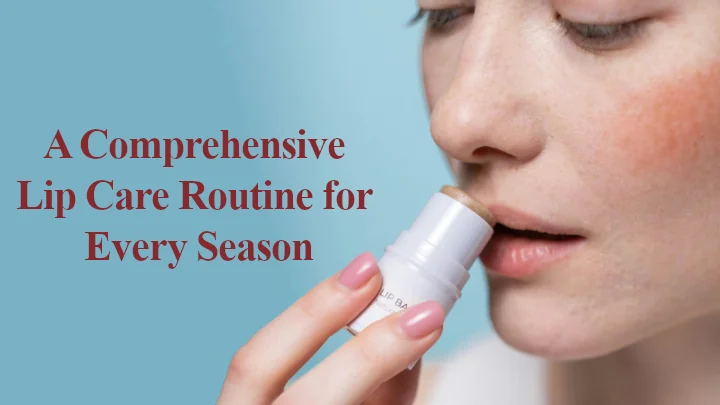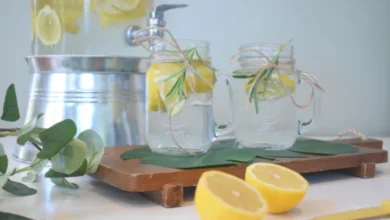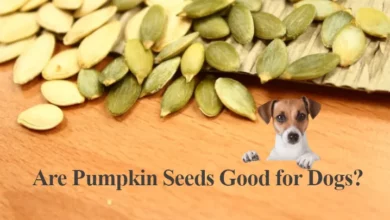Luscious Lips: A Comprehensive Lip Care Routine for Every Season

Your lips, delicate and expressive, deserve as much attention as the rest of your skin. Often neglected, they bear the brunt of harsh weather, dry air, sun exposure, and bad habits. But fear not; achieving soft, smooth, and kissably healthy lips is attainable with a dedicated lip care routine.
This guide unveils the secrets to luscious lips, tailoring recommendations for each season’s unique challenges and offering additional tips for genuinely year-round pout perfection.
Remember, the right lip balm can make all the difference in keeping your lips moisturized and protected, so be sure to choose the best lip balm for your needs.
The Basics: A Foundation for Flawless Lips
Certain fundamental practices form the bedrock of exceptional lip care regardless of the season.
1. Hydration is Key
Aim for eight glasses of water daily, adjusting based on your activity level and climate. Dehydration shows prominently on the lips, so prioritize quenching your thirst for naturally plump and healthy ones.
2. Cleansing with Care
Gently cleanse your lips morning and night with lukewarm water and a mild cleanser specifically designed for their delicate skin. Harsh soaps can strip away natural oils, leaving them dry and irritated.
3. Exfoliation for Renewal
Dead skin cells can accumulate on your lips, making them appear rough and chapped. Exfoliate 1-2 times weekly with a sugar-based lip scrub or a soft washcloth dampened with warm water. Avoid harsh scrubs or over-exfoliating, which can irritate.
4. Sun Protection, Always
The sun’s harmful UV rays damage lips like any other skin. Apply a broad-spectrum SPF 15 lip balm year-round, reapplying every two hours, especially during sun exposure. Consider SPF 30 or higher for extended outdoor activities.
Seasonal Twists: Tailoring Your Lip Care
While the core principles remain constant, seasonal adjustments ensure your lips receive optimal care:
1. Spring
As winter’s dryness fades, lips might still feel parched. Continue regular hydration and exfoliation, opting for lighter lip balms with jojoba oil, shea butter, or hyaluronic acid for extra moisture retention. Look for SPF protection as sunny days become more frequent.
2. Summer
Heat and sun take center stage. Choose lightweight, oil-free lip balms with SPF 30 or higher. Reapply frequently, especially after swimming or sweating.
Avoid licking your lips, as this dries them further. Consider carrying a hydrating lip mist for instant refreshment and soothing sunburns. Exfoliate more regularly to remove sun-damaged skin cells.
3. Autumn
As temperatures drop and humidity decreases, lips can quickly become chapped. Switch to richer, thicker lip balms with beeswax, coconut oil, or lanolin to lock in moisture.
Look for formulas with added vitamins and antioxidants like vitamin E to combat the drying effects of cooler air. Continue using SPF protection on sunny days.
4. Winter
Cold winds and dry indoor air pose the most significant challenges. Opt for heavy-duty lip balms with petrolatum or lanolin to create a protective barrier and prevent moisture loss.
Carry a lip balm with you always and apply it frequently, especially before venturing outdoors. Consider using a humidifier at home to add moisture to the air and relieve dryness.
Bonus Tips for Luscious Lips
1. Ditch the Matte Lipsticks
While trendy, matte lipsticks can dry, especially in colder months. Opt for hydrating formulas with satin or glossy finishes, or layer a clear gloss over matte lipsticks for added moisture.
2. Say No to Smoking
Smoking dries out your lips and stains them, contributing to premature aging. Quitting smoking is the best way to protect your lips and overall health.
3. Treat Yourself
Indulge in occasional lip masks rich in hydrating and nourishing ingredients like honey, avocado, or aloe vera for an extra boost of TLC. Apply a thick layer before bed and leave it on overnight to deeply moisturize lips.
4. Embrace Natural Remedies
Try natural remedies like applying a thin layer of honey or coconut oil to your lips for occasional dryness. These ingredients possess natural antibacterial and moisturizing properties.
5. Address Underlying Issues
If you experience chronic chapped lips, consult a dermatologist to rule out any underlying medical conditions like vitamin deficiencies or allergies.
Summing it Up
In conclusion, maintaining luscious lips throughout the year requires dedication and a bit of know-how. By customizing your lip care routine to suit the changing seasons and incorporating essential tips for year-round lip health, including choosing the best lip balm for your needs, you’re setting yourself up for success.
Consistency is key, so stick to your routine, be bold, and experiment with different products until you find what works best. You can enjoy soft, supple lips that enhance your natural beauty every season with proper care and attention.
So, embrace the journey of lip care, indulge your lips with nourishing treatments, and revel in the confidence that comes from having healthy, luscious lips every day.





